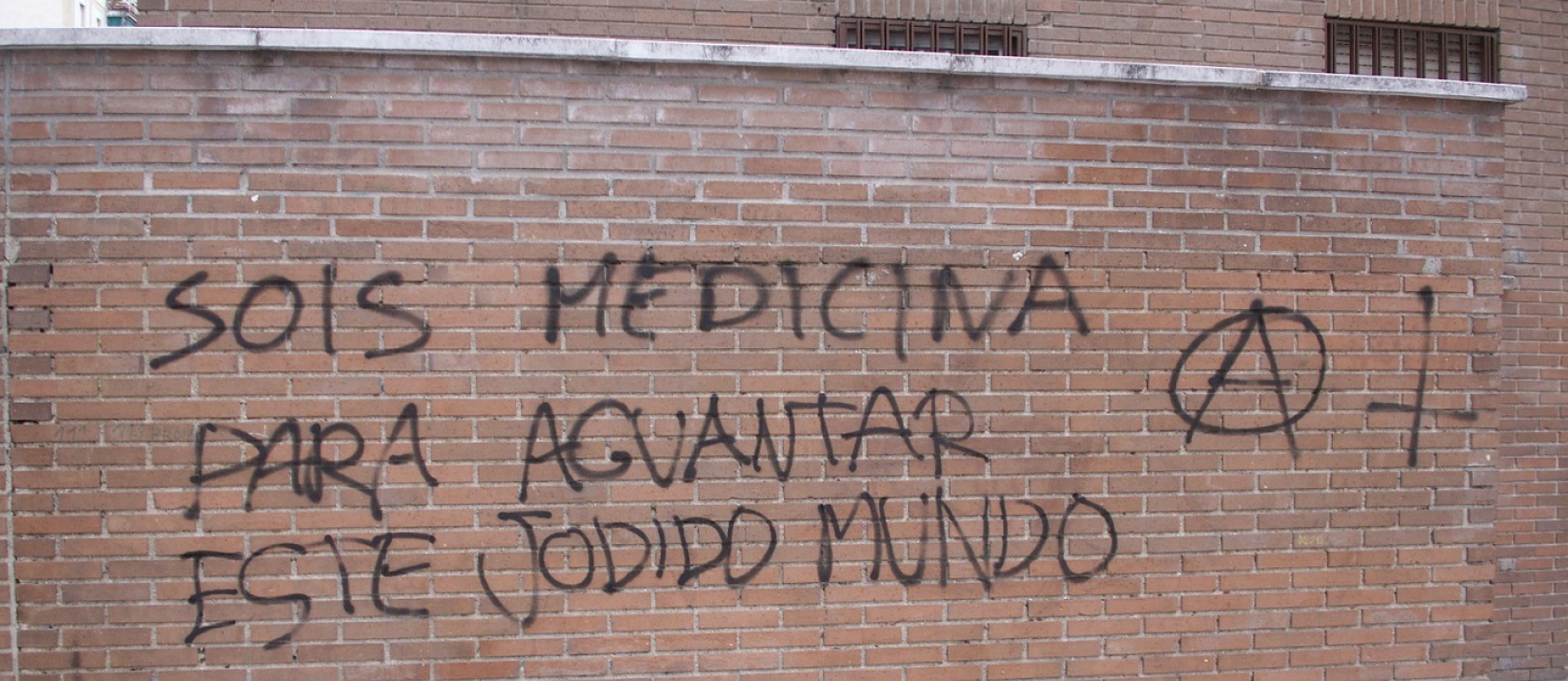Religious liberty and economic freedom are intimately connected. For empirical proof, you need look no further than my own native Spain.
Recently, Spain’s Observatory of Freedom of Religion and Conscience released the 2017 edition of its annual report on attacks against religious liberty in that country.
That document found that physical attacks on places of worship are on the rise. Last year, there were 44 such cases, nearly 13 percent more than in 2016. Catalonia, Andalusia, and Madrid are the most-affected regions.
The report – which catalogues anti-religious aggression escalating from derision of religion to harassment or attacks in places of worship – finds that there is a left-wing anti-Christian secular intolerance aimed at denouncing Catholic education, wearing religious symbols in public, and commemorating the victims of anti-religious persecution during the Spanish Civil War.
The report warns that hatred towards Christians is the largest motivation behind acts of intolerance – and it’s growing. Such animus was responsible for 77.1 percent of such cases, up four percent from last year. One of those attacks saw a group of people try to burn down the chapel of the Autonomous University of Madrid last June. They threw Molotov cocktails, destroyed one of its religious statues, and vandalized the church with a message that “the only Church that illuminates is one that is burning.”
Some attacks stemmed from social issues. During this year’s celebration of International Women Day, radical feminists vandalized Catholic parishes in Madrid, La Coruña, Granada, Seville, Rivas Vaciamadrid, Córdoba, and Getafe with blasphemous and pro-abortion messages. One of them implied that the Blessed Virgin Mary would protest in favor of abortion.
Another example is the profane action organized in April 2017 by Arran – the youth wing of the socialist and pro-secession Catalan party Popular Unity Candidacy (CUP) – inside the Chapel of Our Lady of Montserrat, on behalf of LGBT issues.
The researchers ranked CUP the fourth-leading political party associated with intolerant attacks against religion – preceded by the Socialist Party, Podemos, and United Left (all of which are Marxist parties) and followed by other Catalan nationalist movements.
Anti-Christian bias shares a clean nexus with economic issues and is often prompted by a collectivist economic agenda.
Last summer, CUP proposed the “forced and urgent socialization” of the Cathedral of Barcelona, because the structure contributes to “tourist crowds and gentrification” of poor neighborhoods. CUP alleged the temple is in “spiritual and religious disuse.” They wish to convert it into a cooperative store and a public school of music.
Meanwhile in 2014, the regional government of Andalusia, under the Socialist Party, announced that it was studying giving the property title to the Mosque-Cathedral of Córdoba, which belongs to the Roman Catholic Church. Podemos also supports the cathedral’s forcible expropriation.
Nationalization of cathedrals is part of the campaign of laicism in Spain. Its proponents are apparently unconcerned that they advocate a serious attack on private property, religious freedom, and a specific cultural-religious heritage – that of the nation’s historical majority.
In the past, left-wing anti-religious sentiment led to the loss of 6,800 members of priests and religious murdered during the Second Republic and the Spanish Civil War.
The right to private property guarantees unalienable human rights, including the freedom of religion and conscience. Thanks to private property, religious entities such as the Church have buildings where they are able to organize and develop their spiritual and socially philanthropic activities. In the case of State ownership, religious affairs might either be subjected to government preferences or banned altogether – as could happen with the Cathedral of Barcelona. We understand that government bureaucrats may not intervene in the affairs of houses of worship without endangering the life, liberty, and property of all citizens.
Both civil society and religious communities must be wary of anti-Christian attacks and realize that private property is another key principle in preserving their right to freely order their own spiritual lives.




